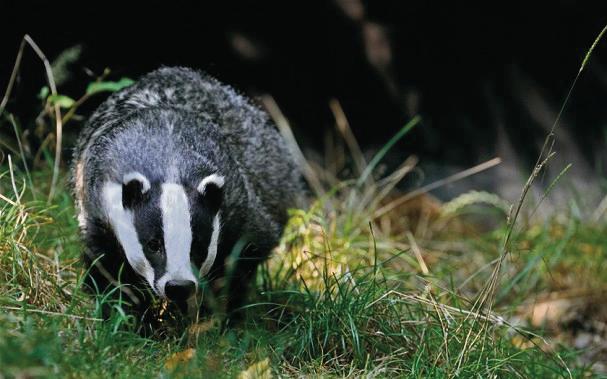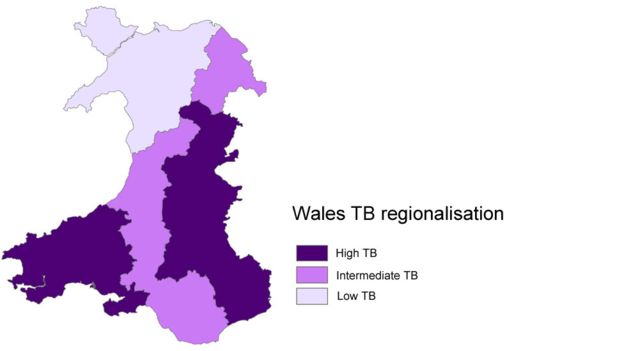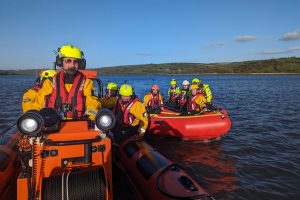 THERE will be no “large scale” culling of badgers to tackle TB in cattle in Wales, however Ceredigion, Pembrokeshire and Carmarthenshire are being called “high risk” areas for instances of TB, it has been revealed.
THERE will be no “large scale” culling of badgers to tackle TB in cattle in Wales, however Ceredigion, Pembrokeshire and Carmarthenshire are being called “high risk” areas for instances of TB, it has been revealed.
The map of Wales’ TB regionalisation was presented in a Welsh Government meeting yesterday (Oct 18) and the aim is now to try and avoid the disease from spreading from the high risk areas to the surrounding locations.
Furthermore, there will be a large focus on reducing the cases already found within the high risk areas.
 It has been decided that individual plans will be drawn up for farms with long-term bovine TB issues, and ministers are considering allowing cage-trapping and injection as means of killing infected badgers.
It has been decided that individual plans will be drawn up for farms with long-term bovine TB issues, and ministers are considering allowing cage-trapping and injection as means of killing infected badgers.
Wales’ chief vet has said there will be no “large scale, indiscriminate cull of badgers” and insisted any infected animals would be dealt with humanely.
There will now be a 12-week consultation where the Welsh Government will seek views on the appropriate measures that should be taken in each area.
Action plans will be drawn up by farmers, vets and the Animal and Plant Health Agency.
Lesley Griffiths, the Rural Affairs Secretary, said: “Since we introduced the eradication programme in 2012 we have seen a decrease in the number of new cases of bovine TB in cattle herds in Wales, with the latest figures showing the number of new TB incidents is down by 19%.
“I am keen to build on this success and speed up progress, which is why I am looking to introduce enhanced, evidence-based measures.”
Farming unions have called for badger culls to be drawn up by the Welsh Government for some time, a request which has been opposed by wildlife groups and activists.
A spokesperson for the Farmers’ Union of Wales said: “Targeting infected badgers would be a welcome move, but it is disappointing that it has taken so many years to move back towards common sense after the original comprehensive plan to tackle the disease in wildlife was abandoned by the previous Welsh Government.”
Responding to a statement from the Cabinet Secretary for Environment and Rural Affairs, concerning the Welsh Government’s Bovine TB Eradication Programme, Claire Lawson, Assistant Director of External Relations – Wales, said: “Bovine TB is a devastating disease, and causes grief to so many, particularly within the farming community.
“RSPCA Cymru has always supported humane, scientifically-supported and effective methods to tackle this disease.
“We will engage closely with the Welsh Government in relation to this new consultation, which we understand will explore the potential of tailoring certain responses, per geographical area, as a means of preventing the spread of the disease.
“We will make clear our strong belief that the culling of badgers has proven to be inhumane, is ineffective as a means of tackling the disease in cattle and actually risks making the problem worse. The Cabinet Secretary’s ruling out of an England-style cull, as such, is positive.
“Methods applied to tackle bovine TB must always be based on available scientific evidence and expert opinion.
“Improving cattle management and welfare, continuing a high frequency of testing, improving biosecurity and vaccinating badgers and cattle are all pivotal in dealing with bTB, and should be at the forefront of any new strategy.”
















Add Comment